vitamin b complex for horses is a veterinary formulation that typically contains a combination of B vitamins, which are essential for various metabolic processes in animals. Here’s an overview of its components, uses, and benefits:
Components of vitamin b complex for horses:
B Complex formulations can vary, but they generally include several of the following B vitamins:
• Vitamin B1 (Thiamine): Important for energy metabolism and nerve function.
• Vitamin B2 (Riboflavin): Essential for energy production and cellular function.
• Vitamin B3 (Niacin): Involved in metabolism and DNA repair.
• Vitamin B5 (Pantothenic Acid): Crucial for fatty acid metabolism and hormone synthesis.
• Vitamin B6 (Pyridoxine): Important for amino acid metabolism and neurotransmitter production.
• Vitamin B7 (Biotin): Plays a role in fatty acid synthesis and glucose metabolism.
• Vitamin B9 (Folic Acid): Necessary for DNA synthesis and cell division.
• Vitamin B12 (Cobalamin): Important for red blood cell formation and neurological function.
Uses:
• Nutritional Supplementation: B Complex is often use to prevent or treat B vitamin deficiencies in animals. Which can occur due to poor diet, stress, illness, or rapid growth.
• Supportive Care: It may be administered during periods of stress, illness, or recovery from surgery to support overall health and energy levels.
• Skin and Coat Health: B vitamins are known to contribute to healthy skin and coat in animals.
• Metabolic Support: Essential for various metabolic processes, B vitamins play a crucial role in energy production.
Administration:
• Forms: Available in injectable, oral, and sometimes in paste or tablet forms.
• Dosage: Varies depending on the species, age, weight, and specific health condition. Veterinary guidance is important for determining the correct dosage and administration frequency.
Precautions:
• Generally considered safe when used appropriately. However, excessive doses can lead to side effects, so it is essential to follow veterinary recommendations.
B Complex is widely use in veterinary medicine to promote health and well-being in animals, particularly in those at risk of deficiencies or requiring additional nutritional support. Always consult a veterinarian for specific recommendations related to your animals’ needs.
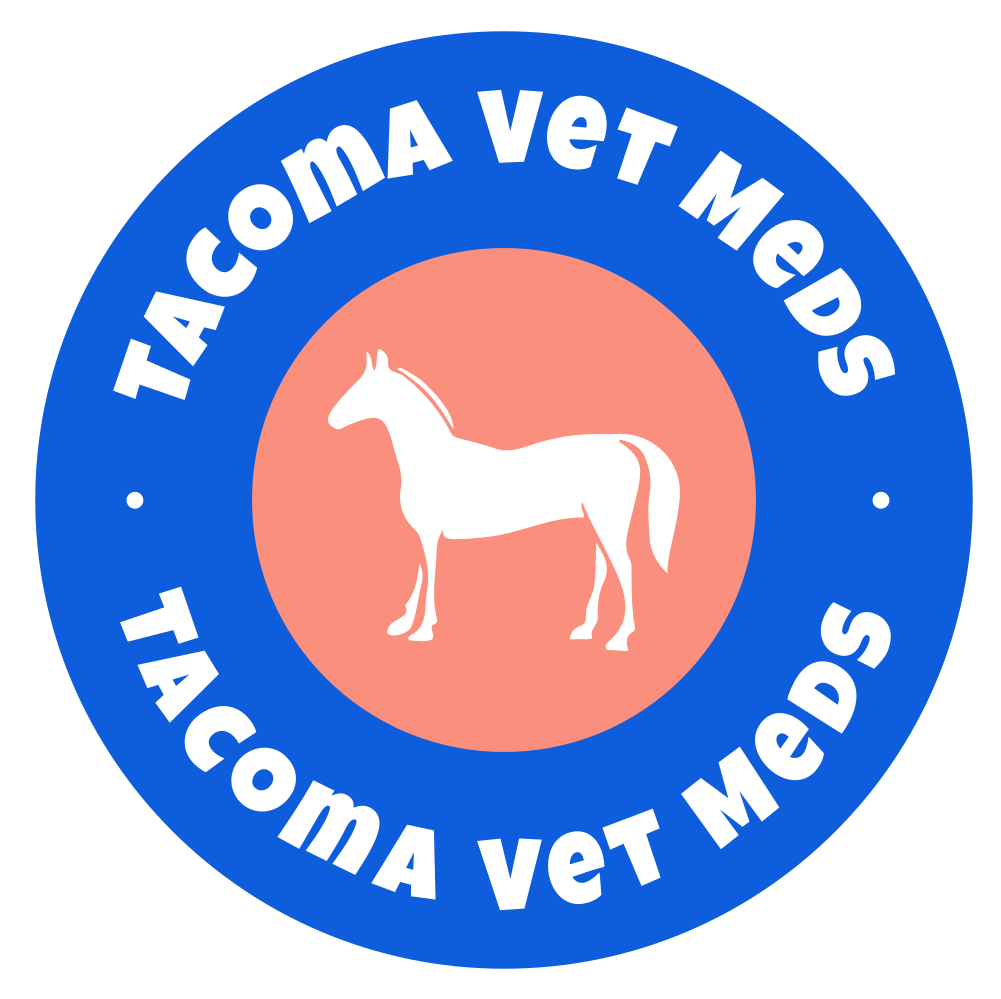

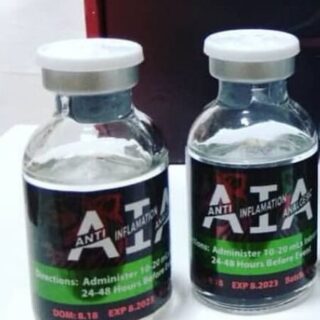
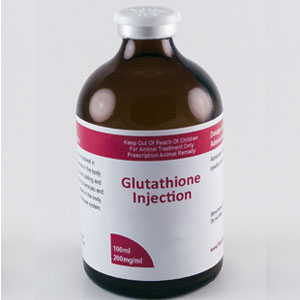
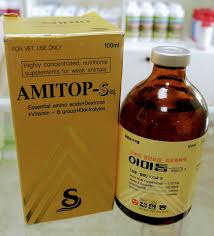
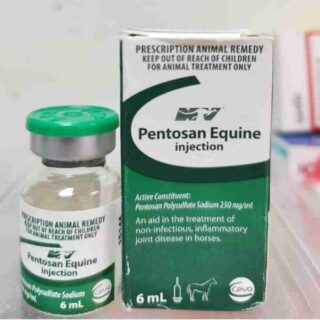
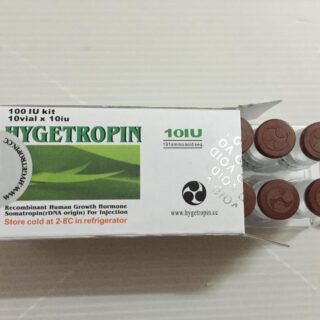
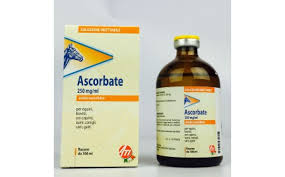


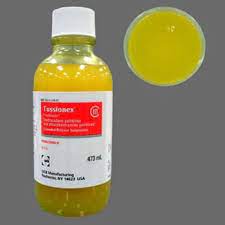

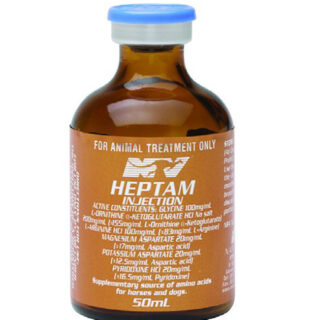



Reviews
There are no reviews yet.